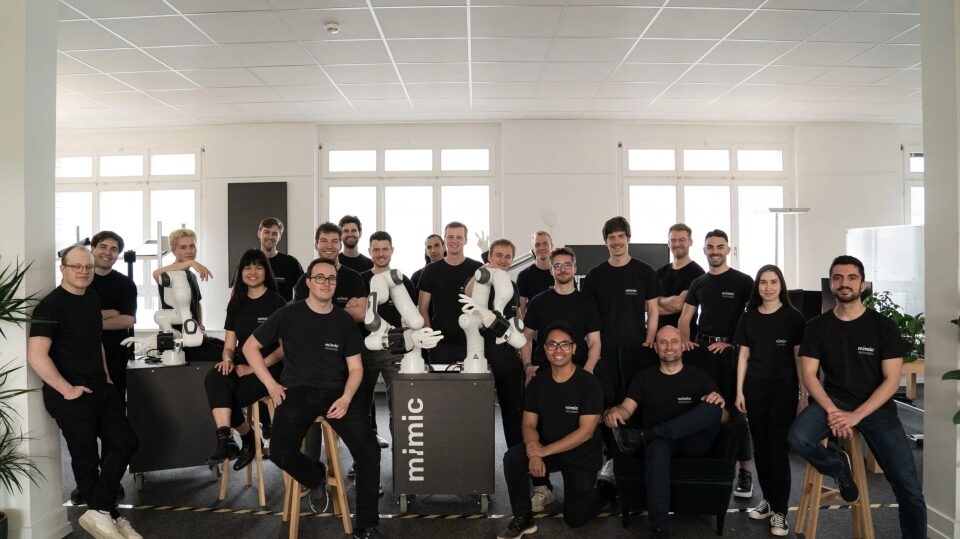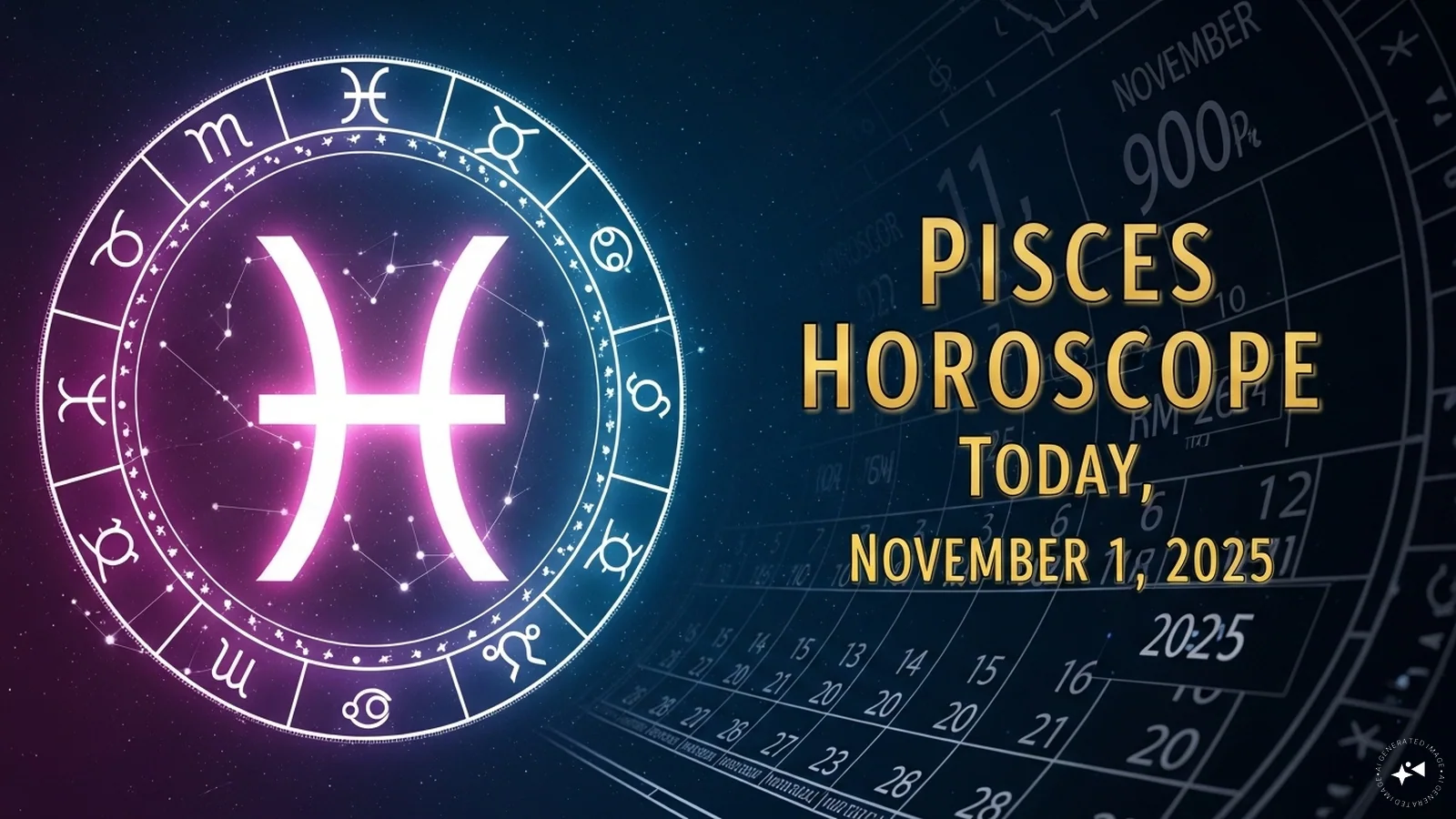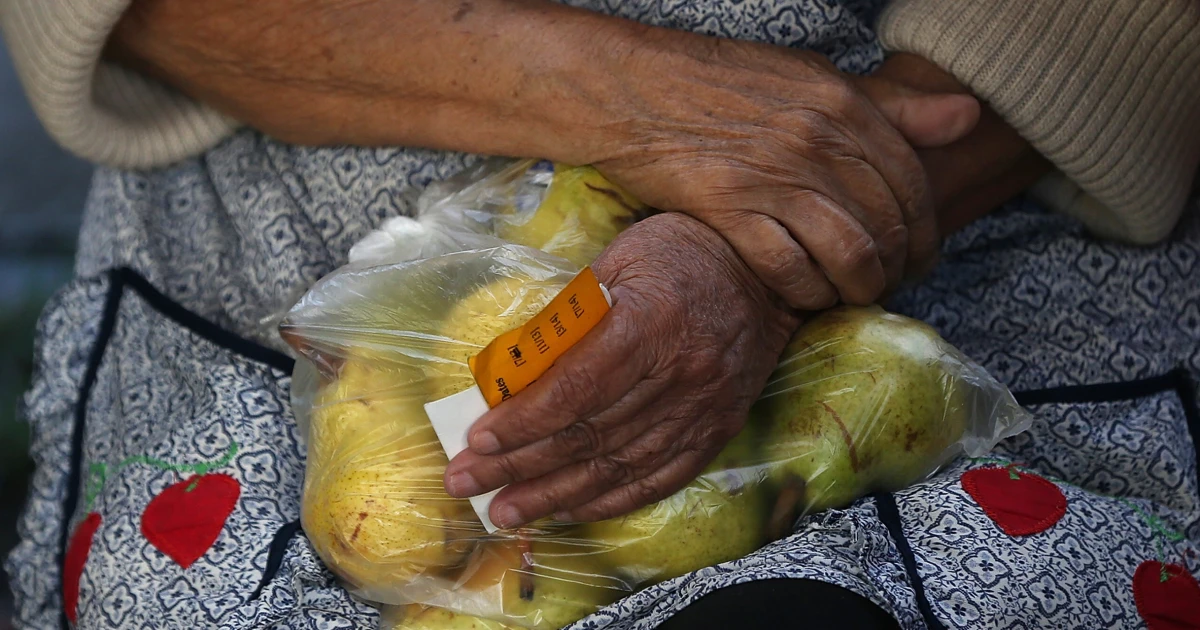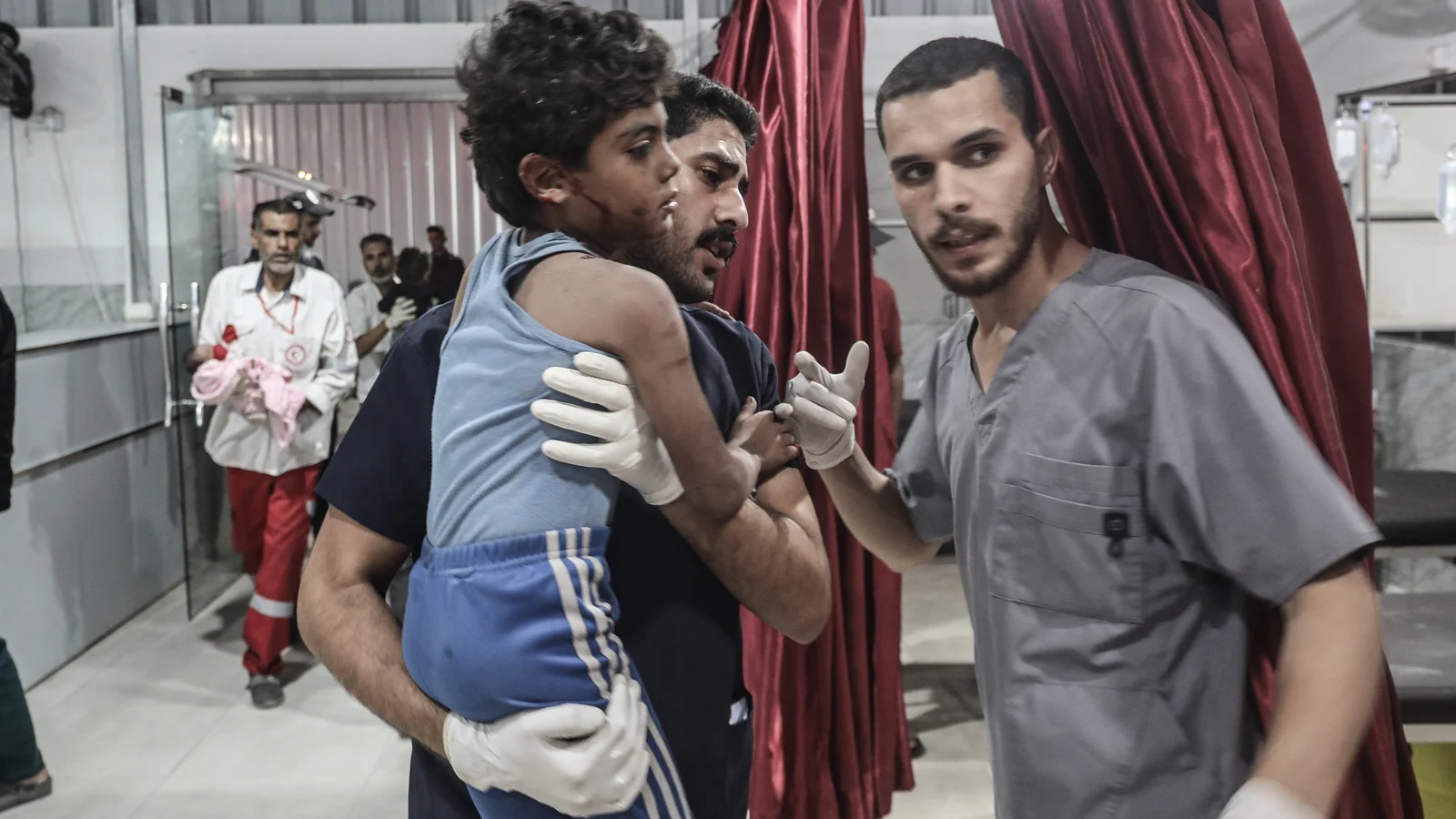Copyright Star Tribune
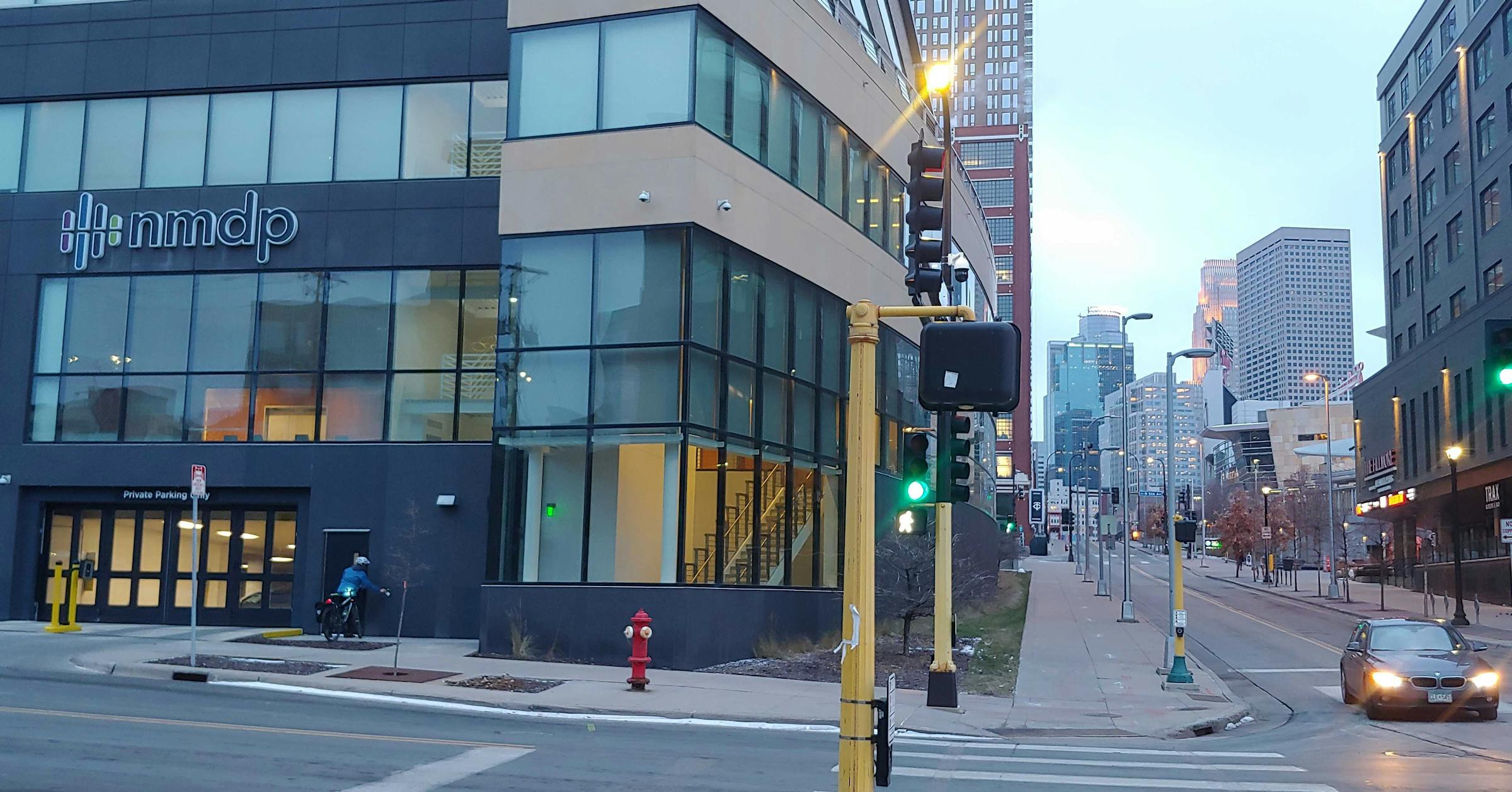
“The disparity in access to a life-saving transplant based on race or ethnicity is no longer an issue” if mismatched donations can be widely used, Devine said. Rochelle A’Hearn, 59, of San Diego poses with the stem cells obtained from an unrelated donor in Spain before her transplant as part of her treatment in 2024 for leukemia. Filipino-born Rochelle A’Hearn waited over a year for a match after a recurrence of her leukemia, a cancer that disrupts bone marrow and its ability to produce healthy blood cells. More than half of these transplants use stem cells taken earlier on from the patients themselves, or from their genetically similar relatives, but neither was an option for the 59-year-old San Diego attorney. When a six-of-eight match was found in a woman with Asian ethnicity who lived in Spain, there wasn’t much debate among her doctors at the City of Hope cancer center in Los Angeles. “My particular leukemia moves very rapidly,” she said. “So there was no real messing around. We had to move fast.” A’Hearn agreed to the mismatched transplant as part of a clinical trial, similar to the one NMDP reported this week, that compared outcomes with perfect matches. Her alternative was long-term chemotherapy medication to prevent another recurrence of cancer, which presented its own health risks. Researchers had already established equivalent transplant results when comparing perfect matches with donors and recipients who only matched on seven of eight blood markers. That discovery helped NMDP achieve a record last year when it facilitated 8,879 stem cell transplants or cell therapies.
